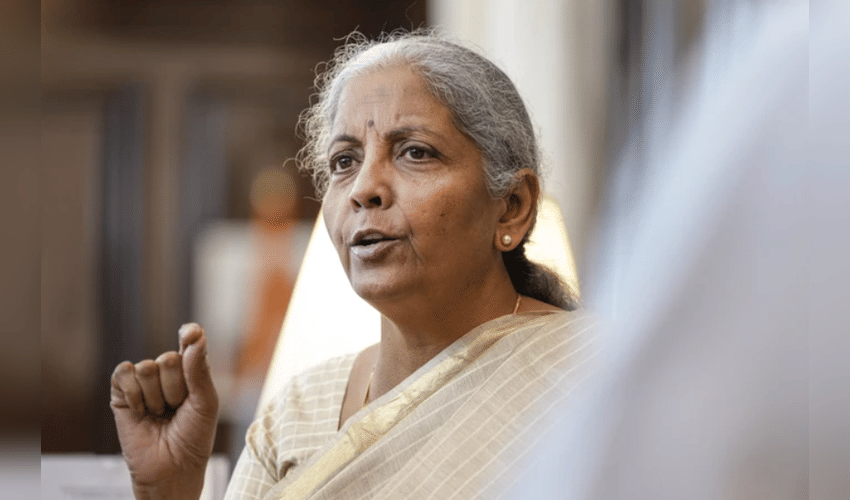Economy
Finance Minister Nirmala Sitharaman said that in the field of AI, regulations need to evolve in step with technological advancements.

Finance Minister Nirmala Sitharaman emphasized that as artificial intelligence (AI) rapidly advances, regulatory frameworks must evolve just as quickly to ensure its responsible use for the greater good. Speaking at a NITI Aayog event, she called for a “soft-touch” regulatory approach—one that guides AI applications without stifling innovation.
Sitharaman compared AI’s potential to a powerful boon that, if misused, could cause harm, stressing that it must always be directed toward the common good. She highlighted the urgency of skilling and upskilling the workforce to meet industry demand for AI-ready talent, warning that without this, many workers risk displacement. The minister also pointed out that training centres need to be upgraded so that certifications remain relevant to employers.
She underlined AI’s ability to provide practical solutions across sectors—including health, agriculture, space, and especially urban development—without displacing people from their environments. India, she added, should not just keep pace but aim to lead in AI adoption. Complementing her views, IT Minister Ashwini Vaishnaw assured that India’s AI strategy would prioritize innovation, with regulation serving as a safeguard rather than a barrier.
The NITI Aayog’s “AI for Viksit Bharat Roadmap Report” projected that AI could contribute $500–600 billion to India’s GDP by 2035, helping the country reach its aspirational $8.3 trillion growth target. It also announced initiatives such as a frontier tech repository and the “Frontier 50 Initiative” to accelerate AI-driven solutions in aspirational districts and beyond.



